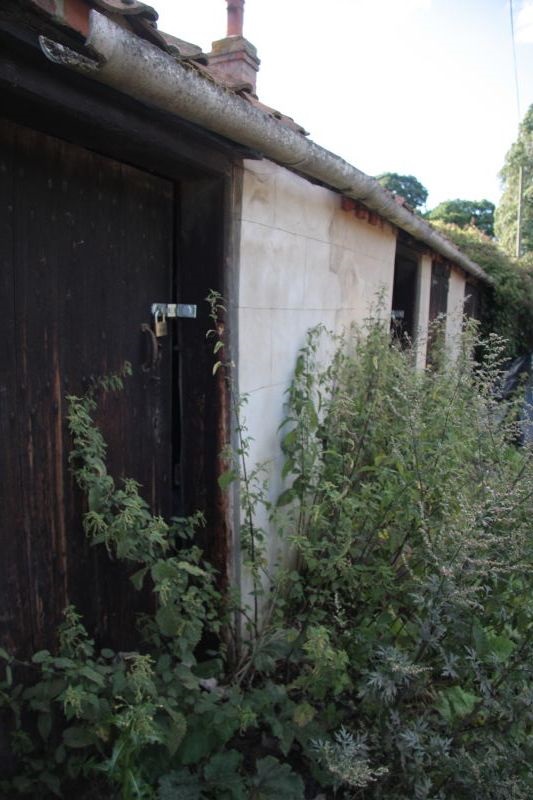Do your computer lab and other ed tech facilities look like this?
It's seen better days! Photo by Terry Freedman
Hopefully not! But how about metaphorically speaking? If your once-lovely shining new facilities are simply not being used by other teachers, perhaps one of the following is the reason why.
Teachers don't know what's available
Just because you do, don't assume everyone else does. Do you know what's available in the music rooms? When was the last time you took an inventory of the science area? It's not a bad idea to let people know what they can use. Set up a special area of the staff noticeboard, issue a half-termly newsletter, or make the occasional announcement in a staff meting. And definitely include the information in staff induction materials.
Teachers don't know how they could use it, or why they should
I think this is a matter of making suggestions to people, and asking their opinions. Something to avoid is coming across as if you know their subjects better than they do. That is pretty obnoxious, and almost guaranteed to trun people off working with you.
Teachers don't think the extra work is justified by the results
This is quite a difficult argument to encounter, but you need to be able to show them that they cab do more with the technology than they can without it, or that they can do the same thing better or faster.
Teachers are too overworked to think about it
One of the things that technology is obviously good for is cutting down on time spent on admin. Is there anything you can do that will help teachers in that area/ If so, they may have more time to think about using the technology in their subject area.
Teachers don't know what the kids know
It's a daunting prospect, thinking that before you can do what you actually want to do, you have to teach the kids how to do it. I'll give you an example of what I mean. Let's suppose I teach geography, and I want the kids to use a spreadsheet to generate a graph from some rainfall figures. I don't want to have to teach them how to do that, because that's just going to waste precious time from my point of view.
One thing I tried, and it worked really well, was to issue a bulletin at the end of each half-term stating what the students had been taught, and what they were going to be taught next. Once the staff knew that, to continue with the example, we'd covered how to make graphs, they were a lot more confident about using the facilities with their students.
Teachers lack confidence or competence
I've lumped these together because I think they amount to the same thing. At least,m they go hand in hand with each other. Improve your skills, and you're bound to become more confident.
So, make sure there is in-service training available, and classroom support if required.
The facilities are too difficult to book
I've already dealt with this problem in Removing the Barriers to Entry. Teachers are too busy to embark on a sort of obstacle course, so if it's hard to book a set of laptops or whatever, they probably won't.
The facilities are uninviting
They could be uninviting for all sorts of reasons. Old equipment, dirty keyboards, broken mice, or lots of posters telling you what is forbidden. Or they may be unreliable, or not fit for purpose in some other way (for example, laptops don't retain their charge for more than about an hour), or the computer labs may be too hot (a common complaint) or too noisy because of the air conditioning.
Perhaps in one of the computer labs only some of the workstations work — with the non-functioning ones still in place looking ugly and useless.
You'll need to look at the facilities with an objective eye, and maybe carry out a SWOT analysis. That will help you identify the causes of the problem.
Conclusion
Unless you're incredibly unlucky, you should be able to make a significant increase in the use of the ed tech facilities in a relative short period of time. I know that quality is important, that it's not simply a question of numbers. But people can raise their game over time, so the important thing is to get them using the facilities to start with.
Also, if the facilities are constantly in use you will stand a much better chance of winning an argument for more funding to upgrade the facilities. In these hard-pressed times, that sort of consideration is more important than ever.

